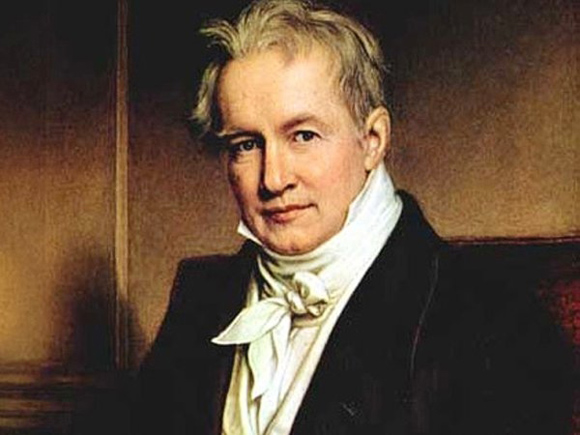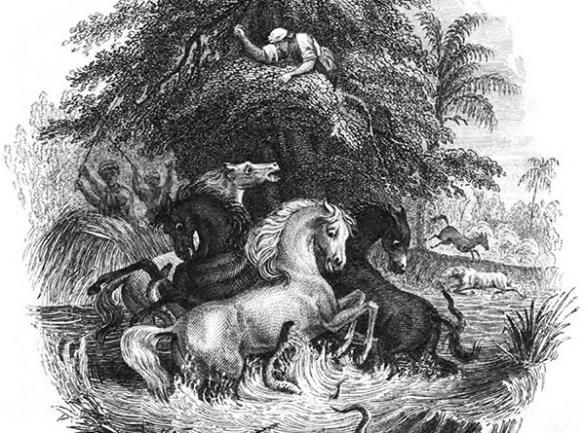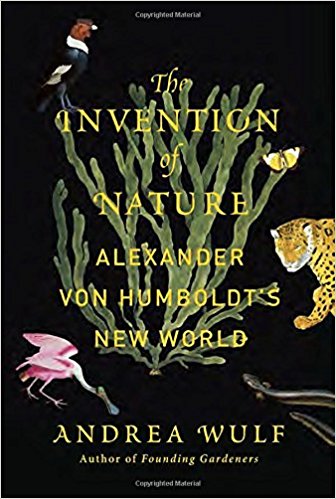
Alexander Von Humboldt, the German naturalist living in the 18th and early 19th century is one of modern science founding pillars, if not straight ahead its founding pillar as author Andrea Wulf makes the case for. However, even though he’s supposed to have more geographic features named after him than anyone else on the world map, his contributions can easily be overlooked 3 centuries later. Preceding Darwin, Alexander is one of the first explorers of the New World, and also the first scientist to attempt climbing the world’s highest peaks. Coming from a wealthy family, he was able to spend pretty much his whole adult life traveling the world and collecting data as a means to understand nature and the world.
On this majestic book, Andrea Wulf attempts to chronologically expose Humboldt’s life, travels, and contributions to knowledge. This endeavor is enriched by chapters completely dedicated to how Humboldt’s life tangentially influenced on some of the greatest figures of his time, including political men like Napoleon, different German kaisers, and South American liberator Simón Bolivar; literary figures like Goethe, Ralph Waldo Emerson and Henry David Thoreau and science and environmental figures like Ernst Haeckel, John Muir and even Charles Darwin himself.

One of the most memorable of Humboldt’s traveling accounts is his narration of horses struck to death by electric eels.
Reading about the so-called “Greatest Man since the Deluge” is essential to understanding the foundation of modern science, a science based on data, facts, and well-studied inferences. His own books may be hard to find and even harder to properly read and digest 300 years after being written. Therefore, this book serves as a perfect synthesis and introduction to his work. Even though at times the book may seem a little overlong if you’re not particularly interested in the subject, Andrea Wulf’s writing is compelling enough to remind you of her own description of Humboldt’s work: filled with information but with beauty into them.

The Invention of Nature won the Royal Society’s Science Book Award of 2016.